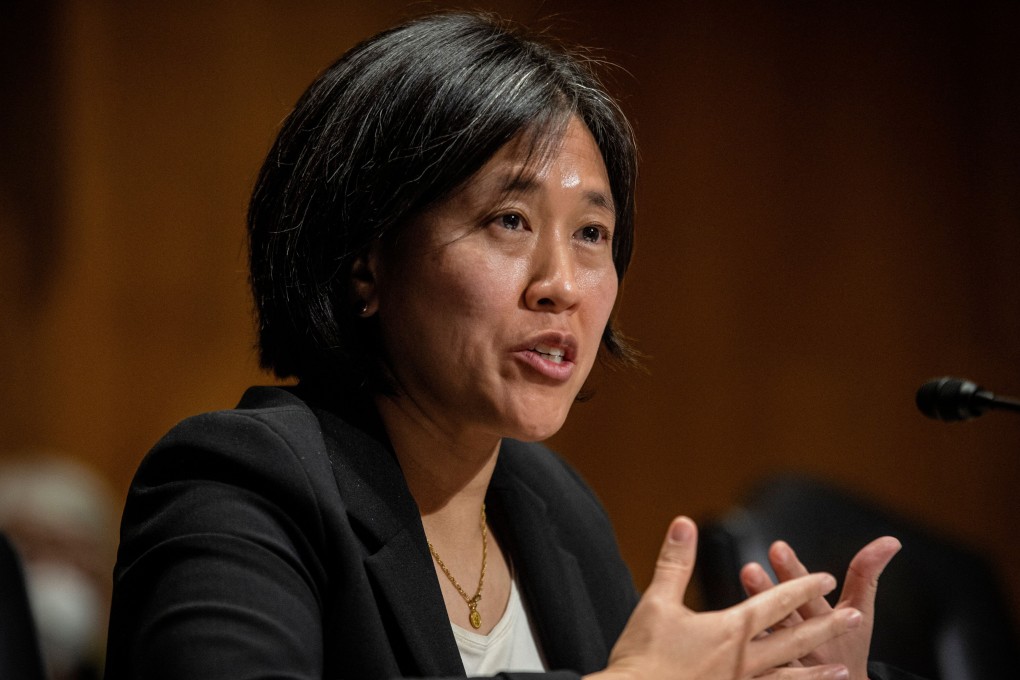US-China trade: who will ‘targeted tariff-exclusion process’ help more, Chinese factories or American buyers?
- Washington’s approval process for tariff exemptions has been called opaque and inefficient under Donald Trump and Joe Biden, and most exemptions have expired
- Trade analysts expect the Biden administration to put the interests of US industry ahead of bilateral trade, even if doing so helps some Chinese manufacturers

Some factories and industries in China will benefit from the Biden administration’s upcoming “targeted tariff-exclusion process”, but US policy is still more focused on supporting American companies than it is on strengthening bilateral trade, according to analysts.
US stakeholders are typically permitted to petition for an exclusion if punitive tariffs placed on foreign products cause domestic commercial harm. Since former president Donald Trump slapped tariffs on imports of Chinese goods, companies have been filing requests to exclude certain Chinese products from punitive tariffs. Although there are three criteria for such an exemption, the process has come under scrutiny for not being transparent enough.
“There was a lot of criticism because US businesses couldn’t really use it very well. Only about 13 per cent of exclusion process applications were successful in the past, and most of them have now expired,” said Benjamin Kostrzewa, a Hong Kong-based trade lawyer with Hogan Lovells who worked on Tai’s team.
